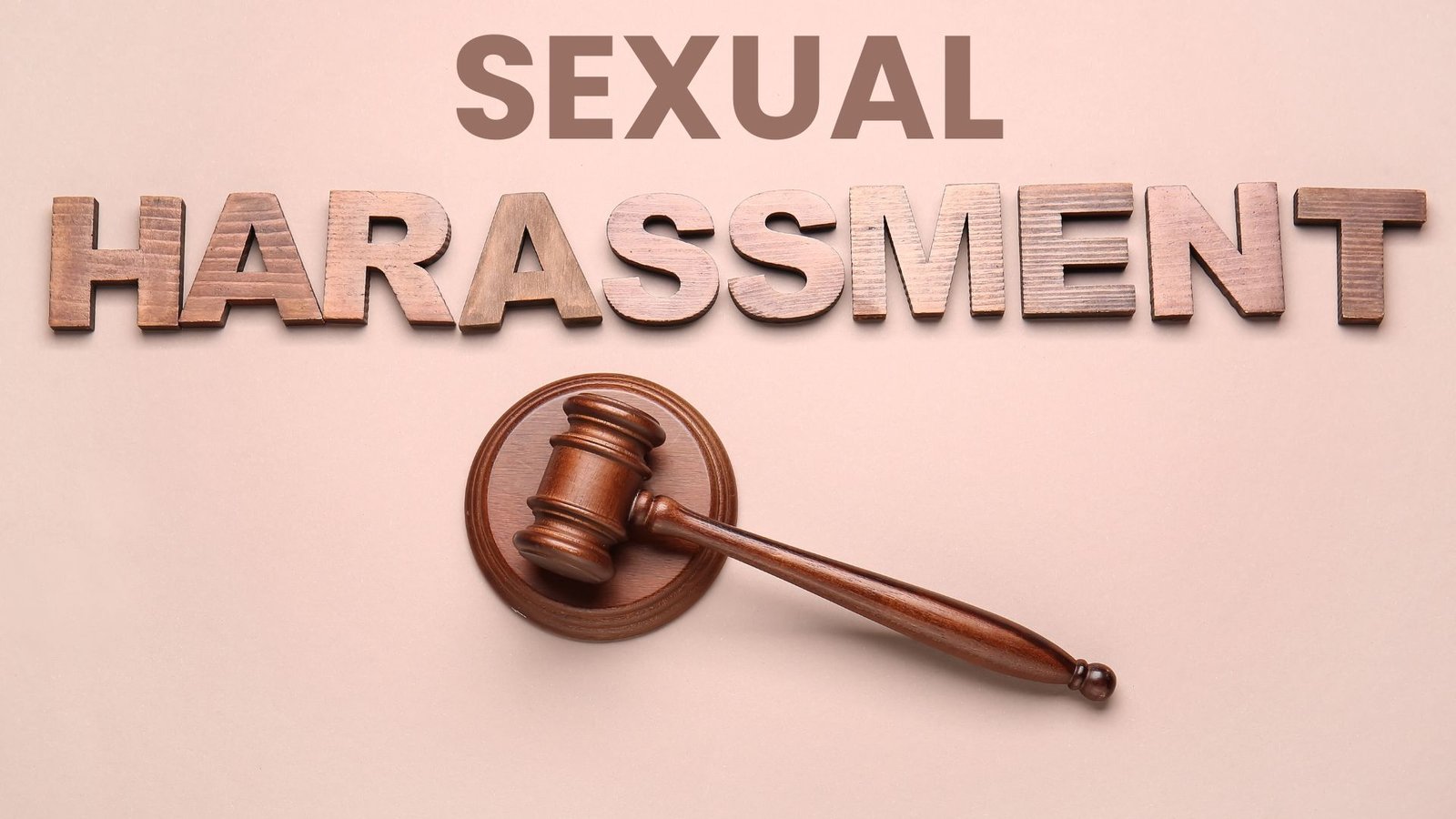On this page you will read detailed information about Termination of the Marital Economic Community in California.
As you contemplate the end of your marriage in California, it is critical to understand how the marital economic community will be divided. When a couple weds in California, all assets and debts acquired during the marriage become community property owned equally by both spouses. However, once the marriage is terminated through divorce or legal separation, the community estate must be divided. There are several ways the community estate can be split, including an equal division of assets and liabilities or an unequal division based on factors like each spouse’s needs and earning capacities. The termination of your marital community signals not just the end of your union but also the necessity to equitably sever your financial partnership. With careful planning and legal counsel, you can work to disentangle your shared assets and liabilities in a way that safeguards your own financial future.
Understanding California’s Marital Economic Community
In California, marital property is generally considered community property. This means that any property acquired during marriage belongs equally to both spouses. Upon termination of the marriage, whether through divorce, legal separation, or death, the community estate must be divided.
California’s community property laws provide that all assets and liabilities acquired during marriage are owned jointly by both spouses in equal, undivided shares. This includes income earned during marriage, property purchased with community funds, and anything of value accumulated through the efforts of either spouse. Separate property, on the other hand, includes anything owned before marriage or received as a gift or inheritance during marriage.
When a marriage ends, the community estate must be valued and divided between the spouses. The court will determine the fair market value of all community assets and debts, including real estate, financial accounts, businesses, vehicles, and personal property. The total value of community assets is then divided equally between the spouses. If the total value of community debts exceeds the total value of community assets, the debts are also generally divided equally.
There are a few exceptions to the equal division rule. The court has discretion to make an unequal division of community property to compensate for economic losses incurred during a long-term marriage or for the reduced earning capacity of a spouse who sacrificed a career to raise children. The court may also consider other factors like the financial situation of each spouse after division of the community estate.
Upon the conclusion of divorce or legal separation proceedings, the marital economic community is terminated. From that point forward, each spouse maintains separate property and is solely responsible for any liabilities or debts incurred in their own name.
In the previous post, we had shared information about An Overview of Sexual Assault Legislation in Canada, so read that post also.
When Does the Marital Economic Community End?
Dissolution of Marriage
The marital economic community ends upon the dissolution of the marriage, whether by divorce, legal separation, or annulment. Once the marriage has been dissolved, the community estate is divided between the spouses. Each spouse receives one-half of the community property and becomes solely responsible for one-half of the community debts.
Legal Separation
If the spouses obtain a legal separation, the marital economic community is terminated as of the date of separation. The spouses will then divide the community property and debts. After legal separation, each spouse’s earnings, income, and acquisitions are considered separate property.
In the previous post, we had shared information about Secularism and the Indian Constitution: An Analysis, so read that post also.
Annulment
An annulment retroactively invalidates the marriage, meaning the marital economic community never truly existed. As a result, most property acquired during the marriage will be considered separate property and returned to the spouse who acquired it. Debts incurred during the marriage may also be treated as separate debts. However, if community funds were used to pay down separate debts, or vice versa, the court may order reimbursement to achieve equity.
Death of a Spouse
The death of a spouse also terminates the marital economic community. Upon the death of either spouse, the surviving spouse will receive the decedent’s one-half interest in the community property. The surviving spouse also becomes solely responsible for the decedent’s one-half share of community debts. The decedent’s separate property and debts will be distributed according to the terms of their will or trust. If the decedent died intestate, the laws of intestate succession will determine distribution of separate property.
In summary, the marital economic community comes to an end when the marriage is dissolved, whether by divorce, legal separation, annulment, or death of a spouse. Once terminated, the community estate must be divided and responsibility for community debts allocated between the spouses. Thereafter, each spouse’s assets and liabilities become their separate property.
Termination Through Legal Separation
To legally terminate the marital economic community in California, the most common method is through obtaining a legal separation.
Legal Separation
A legal separation, also known as a marital separation, is a court order that allows spouses to live separately while still remaining legally married. This establishes the date of separation and divides the community property and debts. The process for obtaining a legal separation is similar to a divorce and involves filing a petition in court, notifying your spouse, and appearing before a judge.
Once the court issues an order for legal separation, the marital economic community is terminated as of the date of separation specified in the order. Any income, assets, or debts acquired after this date will be considered separate property. However, the spouses remain legally married and cannot remarry. They are still entitled to benefits like health insurance through their spouse’s employer.
Some reasons a couple may pursue a legal separation rather than a divorce include religious views against divorce, wanting to remain on a spouse’s health insurance plan, or uncertainty about ending the marriage. A legal separation gives the spouses time to live apart and determine if reconciliation or divorce is the right choice for them. During this time, issues like child custody, support, and property division will also be determined in the separation proceedings.
If after a period of legal separation, the spouses decide to end the marriage, they must file for divorce to legally terminate the marital status. The terms of the legal separation, including the division of assets and debts, may be incorporated into the divorce decree. However, either spouse is free to contest these terms in the divorce. It is best for spouses seeking a divorce to come to an agreement to avoid lengthy and expensive legal disputes whenever possible.
In summary, obtaining a legal separation in California is one method for terminating the marital economic community by filing a petition in court. While spouses will live separately and divide their property and debts, they remain legally married until a divorce is finalized. The separation establishes the date when the community ends, provides resolution on related issues, and gives spouses time to determine whether to reconcile or end their marriage.
Termination Through Dissolution of Marriage
Once you have made the decision to end your marriage, terminating the marital economic community in California involves several legal steps.
Filing for Divorce
To legally dissolve your marriage in California, one spouse must file a Petition for Dissolution of Marriage with the court clerk in your county. This petition will state that you intend to end your marriage and will address issues like child custody and support, spousal support, and division of marital property and debts. Both spouses must disclose all community assets and debts. Failure to do so can result in penalties.
Serving Your Spouse
The petition and related documents must be properly served to your spouse according to the rules of civil procedure in California. Your spouse will have 30 days to file a response to the petition. If they do not respond, the court may enter a default judgment granting the petition.
Determining Community Property
The court will determine what constitutes community property versus separate property for division. Generally, anything acquired during the marriage through the efforts of either spouse is considered community property, including income, homes, vehicles, investments, businesses, etc. Separate property includes anything owned prior to marriage or acquired by gift or inheritance during marriage. The court will divide community property as equally as possible, unless there are extenuating circumstances.
Dividing Debts
Like assets, the responsibility for debts acquired during marriage will also be divided equitably between spouses. The court will consider each spouse’s ability to pay when determining debt division. Debts in only one spouse’s name may still be considered community debts if the money was used for community purposes.
Finalizing the Divorce
Once all issues have been addressed and resolved, a judgment of dissolution will be entered by the court, legally ending your marriage. Be sure to review and understand all terms of your divorce judgment to avoid future disputes over interpretation or enforcement.
In summary, terminating your marital community in California is a multi-step legal process. With full disclosure and agreement between spouses, an uncontested divorce can proceed more quickly. However, for complex cases, the use of mediation or litigation may be required to resolve all pertinent issues.
Dividing Assets and Debts Upon Termination
Upon termination of the marital economic community in California, whether through divorce or legal separation, the accumulated assets and debts must be divided between the spouses.
Division of Assets
The division of assets, referred to as “community property,” aims to split the value equally between spouses. This includes the family home, vehicles, financial accounts, investments, collectibles, jewelry, and other valuables acquired during the marriage. A judge will consider factors like each spouse’s financial needs and earning ability when determining an equitable division.
Spouses may decide to sell certain assets and split the proceeds. For assets retained, the judge can award one spouse the exclusive right to ownership while requiring payments to the other spouse for their share of the equity. The family home is often awarded to the spouse with primary physical custody of any children to provide housing stability. In some cases, spouses may continue to jointly own certain assets after termination for the benefit of any minor children.
Allocation of Debts
Debts accrued during the marriage are also subject to division. This includes mortgages, vehicle loans, credit cards, and other liabilities. The judge will evaluate each spouse’s ability to pay when assigning responsibility for payments. Debts can be divided evenly or disproportionately depending on the circumstances. The spouse retaining an asset like the family home or vehicle is commonly assigned the associated debts. Spouses remain jointly liable for any debts that are not addressed by the court during termination proceedings.
By thoroughly identifying, disclosing, and providing documentation for all community assets and debts, spouses can work with their legal counsel and the court to achieve an equitable division and allocation upon termination of the marital economic community. An fair and transparent process helps ensure both parties’ financial stability as they establish their separate lives.
Conclusion
In summary, ending the marital community in California is a serious legal matter that requires careful consideration of the financial and tax implications. You should seek counsel from legal and financial professionals to understand how this process works and ensure your rights and interests are protected. While dissolving the marital community can provide certain benefits, it also means the loss of certain legal and financial protections provided to married couples. Think it through, do your homework, and make the choice that is right for your own unique situation. The laws around community property and divorce are complex, but with the proper guidance, you can develop a solution that serves you well into the future.
Disclaimer
The information and services on this website are not intended to and shall not be used as legal advice. You should consult a Legal Professional for any legal or solicited advice. While we have good faith and our own independent research to every information listed on the website and do our best to ensure that the data provided is accurate. However, we do not guarantee the information provided is accurate and make no representation or warranty of any kind, express or implied, regarding the accuracy, adequacy, validity, reliability, availability, or completeness of any information on the Site. UNDER NO CIRCUMSTANCES SHALL WE HAVE ANY LIABILITY TO YOU FOR ANY LOSS OR DAMAGE OF ANY KIND INCURRED AS A RESULT OR RELIANCE ON ANY INFORMATION PROVIDED ON THE SITE. YOUR USE OF THE SITE AND YOUR RELIANCE ON ANY INFORMATION ON THE SITE IS SOLELY AT YOUR OWN RISK. Comments on this website are the sole responsibility of their writers so the accuracy, completeness, veracity, honesty, factuality and politeness of comments are not guaranteed.
So friends, today we talked about Termination of the Marital Economic Community in California, hope you liked our post.
If you liked the information about Termination of the Marital Economic Community in California, then definitely share this article with your friends.








